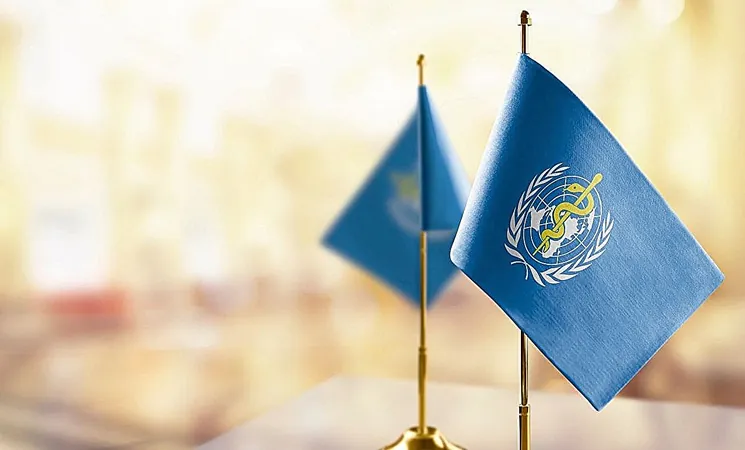
WHO Expands Essential Medicines List to Include Life-Saving GLP-1s and Cancer Treatments
2025-09-10
Author: Michael
Essential Medicines Just Got an Upgrade!
The World Health Organization (WHO) has officially updated its Model List of Essential Medicines (EML) and Essential Medicines for Children (EMLc), marking a pivotal moment in global health. This new edition incorporates groundbreaking treatments for various cancers and crucial diabetes medications, offering hope for millions.
What's New on the List?
Among the exciting additions are glucagon-like peptide-1 (GLP-1) receptor agonists, recognized for their beneficial effects on type 2 diabetes, especially in patients with heart or kidney conditions. These medications not only enhance glucose control but also play vital roles in reducing heart and kidney complications, supporting weight loss, and even lessening the risk of early mortality.
The newly included GLP-1 medications—semaglutide, dulaglutide, liraglutide, and the dual receptor agonist tirzepatide—are set to change the lives of patients worldwide.
A Game-Changer for Cancer Care!
In addition to diabetes treatments, the EML update also tackles the urgent need for better cancer therapies. The committee reviewed 25 applications for cancer treatments, advocating for broader access to pivotal immunotherapies targeting programmed cell death proteins. Pembrolizumab has been added for various metastatic cancers, with alternatives such as atezolizumab and cemiplimab for treating non-small cell lung cancer. This step aims to ensure equitable cancer care across the globe.
To make cancer treatments more affordable and reachable, the WHO is promoting expert-backed strategies like dose optimization, addressing the financial burden many face when seeking essential medications.
Addressing Inequities in Healthcare
"A large share of out-of-pocket spending on noncommunicable diseases goes toward medicines, including those classified as essential and that, in principle, should be financially accessible to everyone," said Deusdedit Mubangizi, WHO’s director of policy and standards for medicines and health products.
He emphasized that achieving equitable access to essential medicines hinges on a seamless health system response, underscored by robust political will and multi-sectoral cooperation, ensuring that nobody gets left behind.
A Promise for the Future
The updated EML and EMLc reflect a decisive effort by the WHO to prioritize and meet critical health needs, ultimately paving the way for a healthier future for people worldwide. These additions not only represent advancements in medical science but also signify a commitment to healthcare equity across nations.
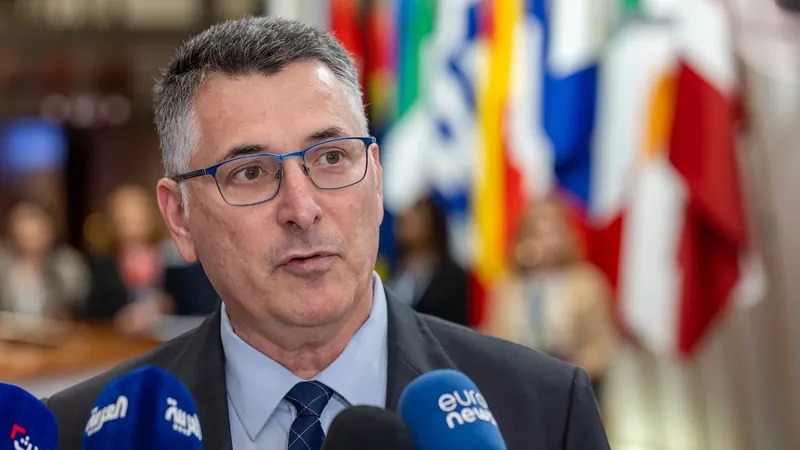
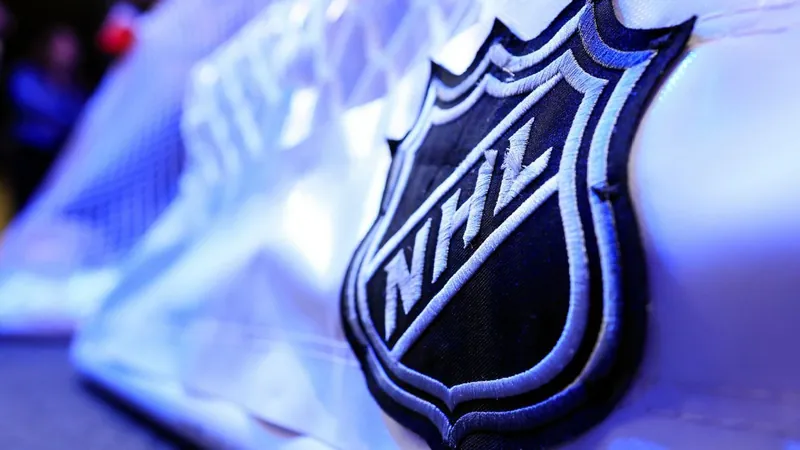

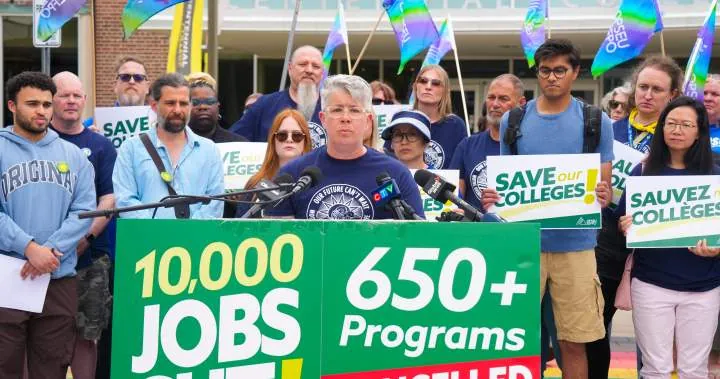
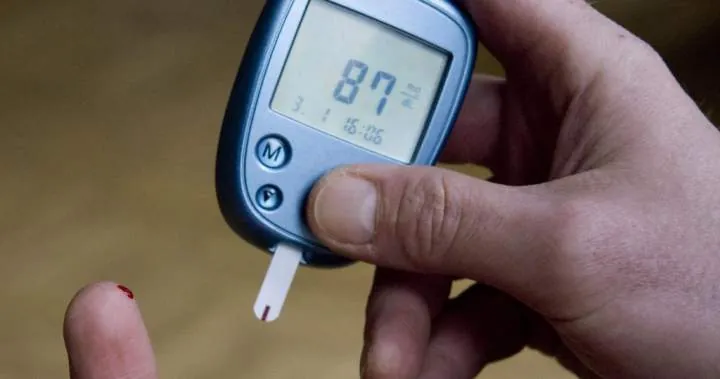
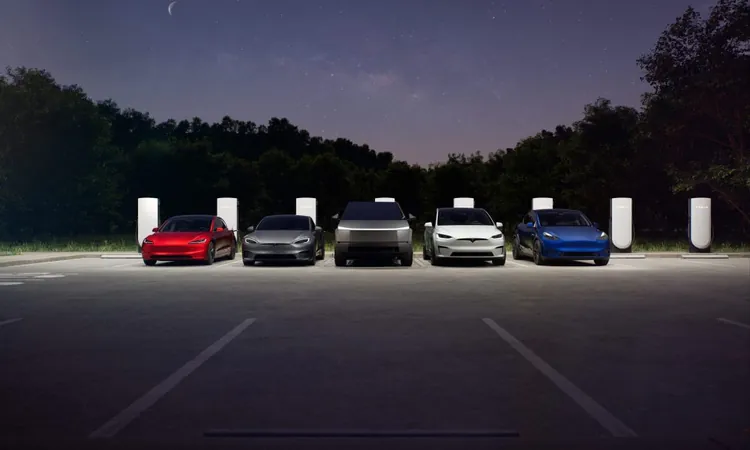
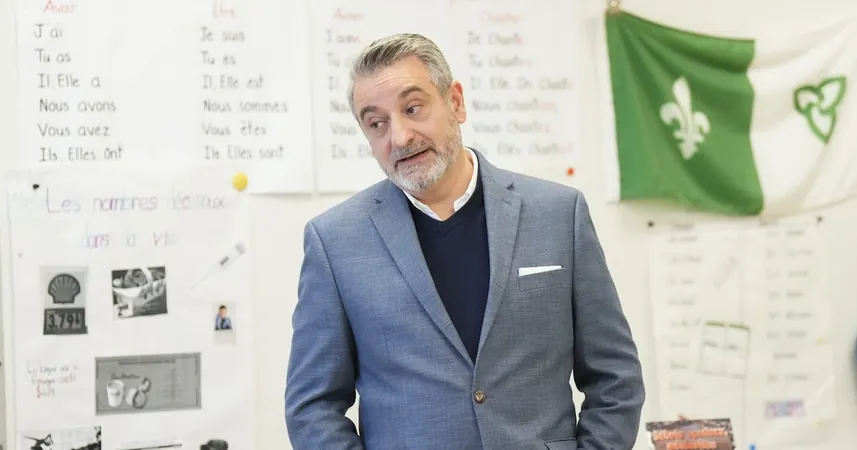
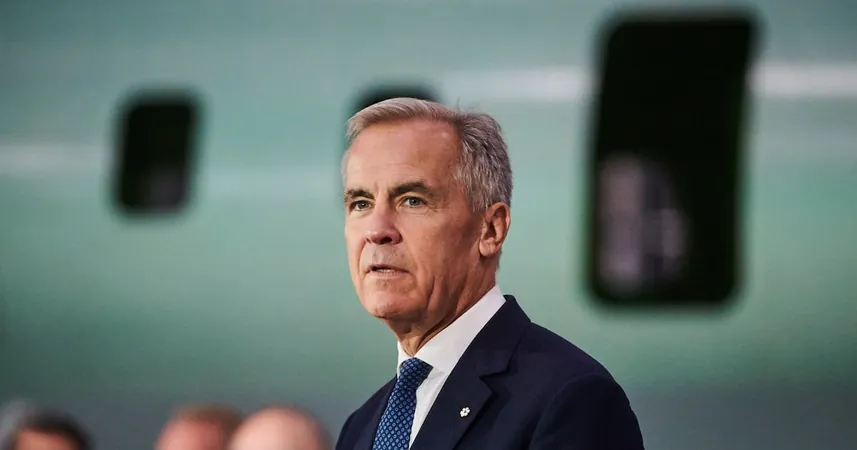

 Brasil (PT)
Brasil (PT)
 Canada (EN)
Canada (EN)
 Chile (ES)
Chile (ES)
 Česko (CS)
Česko (CS)
 대한민국 (KO)
대한민국 (KO)
 España (ES)
España (ES)
 France (FR)
France (FR)
 Hong Kong (EN)
Hong Kong (EN)
 Italia (IT)
Italia (IT)
 日本 (JA)
日本 (JA)
 Magyarország (HU)
Magyarország (HU)
 Norge (NO)
Norge (NO)
 Polska (PL)
Polska (PL)
 Schweiz (DE)
Schweiz (DE)
 Singapore (EN)
Singapore (EN)
 Sverige (SV)
Sverige (SV)
 Suomi (FI)
Suomi (FI)
 Türkiye (TR)
Türkiye (TR)
 الإمارات العربية المتحدة (AR)
الإمارات العربية المتحدة (AR)